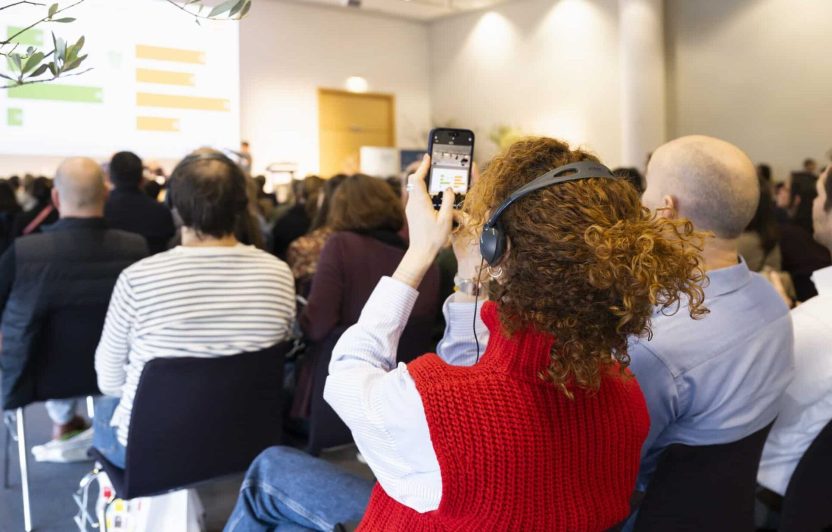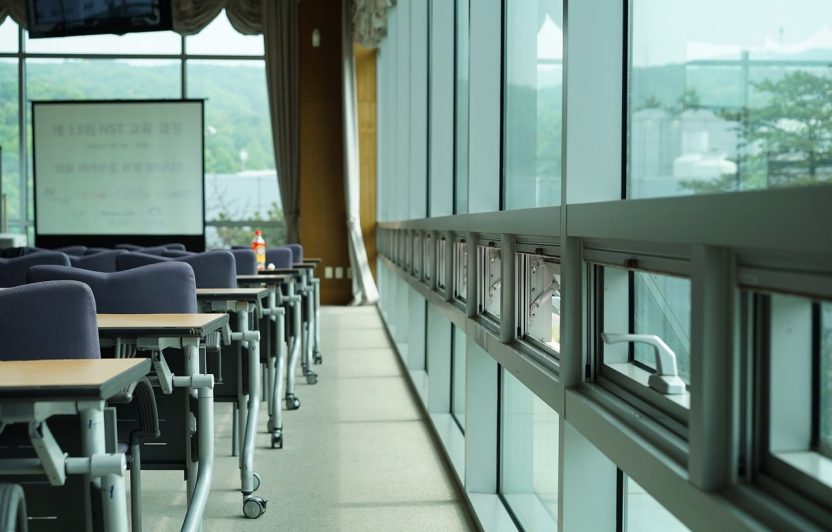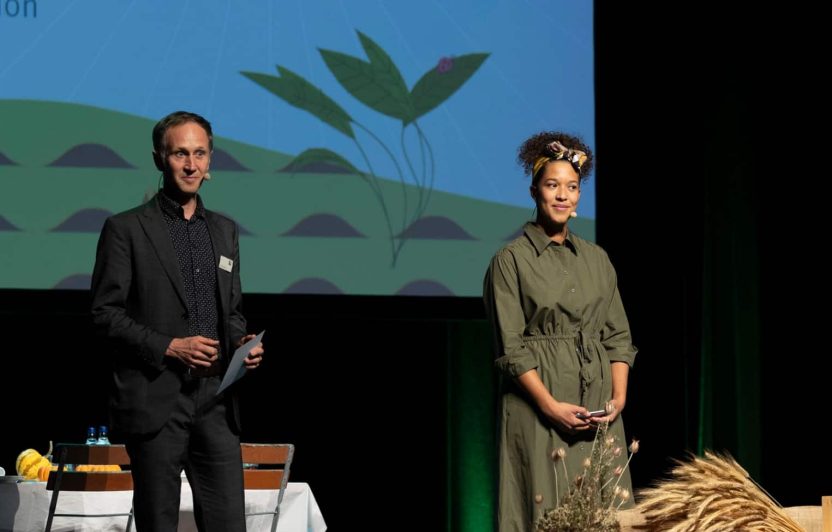Increased prices for grain, fertilizer and fuel imports represent a major challenge for governments and low-income populations in our partner countries in Eastern and Southern Africa. This is why Biovision, together with its local partner organizations, is committed to diversifying local food production through agroecological farming systems and to strengthening circular economies and local markets.
Organic farmers are expanding production
We can assert that the communities we have worked with in recent years are generally less affected by the crisis due to their higher degree of self-sufficiency. For farmers who do not rely on synthetic fertilizers, higher market prices for food provide an incentive to expand their production. We have seen that the rise in prices of synthetic fertilizer have made people increasingly interested in farming methods that do not require artificial inputs.
Spared from the crisis – thanks to ecological farming practices
A farmer’s group in Murang’a, Kenya provides an exemplary case. Only a few years ago, farmers had to spend a large part of their income on food, and their families suffered from food insecurity. Our partner organization Biovision Africa Trust (BvAT) accompanied them as they created a new livelihood opportunity in a jointly managed, organic farm that provided them and their families long-term access to healthy food. Because of their self-sufficiency, they have been spared during the food crisis. The success of this young farmer’s group exemplifies our approach of working with our partners in sub-Saharan Africa to support smallholder families in their efforts to equip themselves against food crises over the long term. We are currently in the process of further developing and expanding these activities.
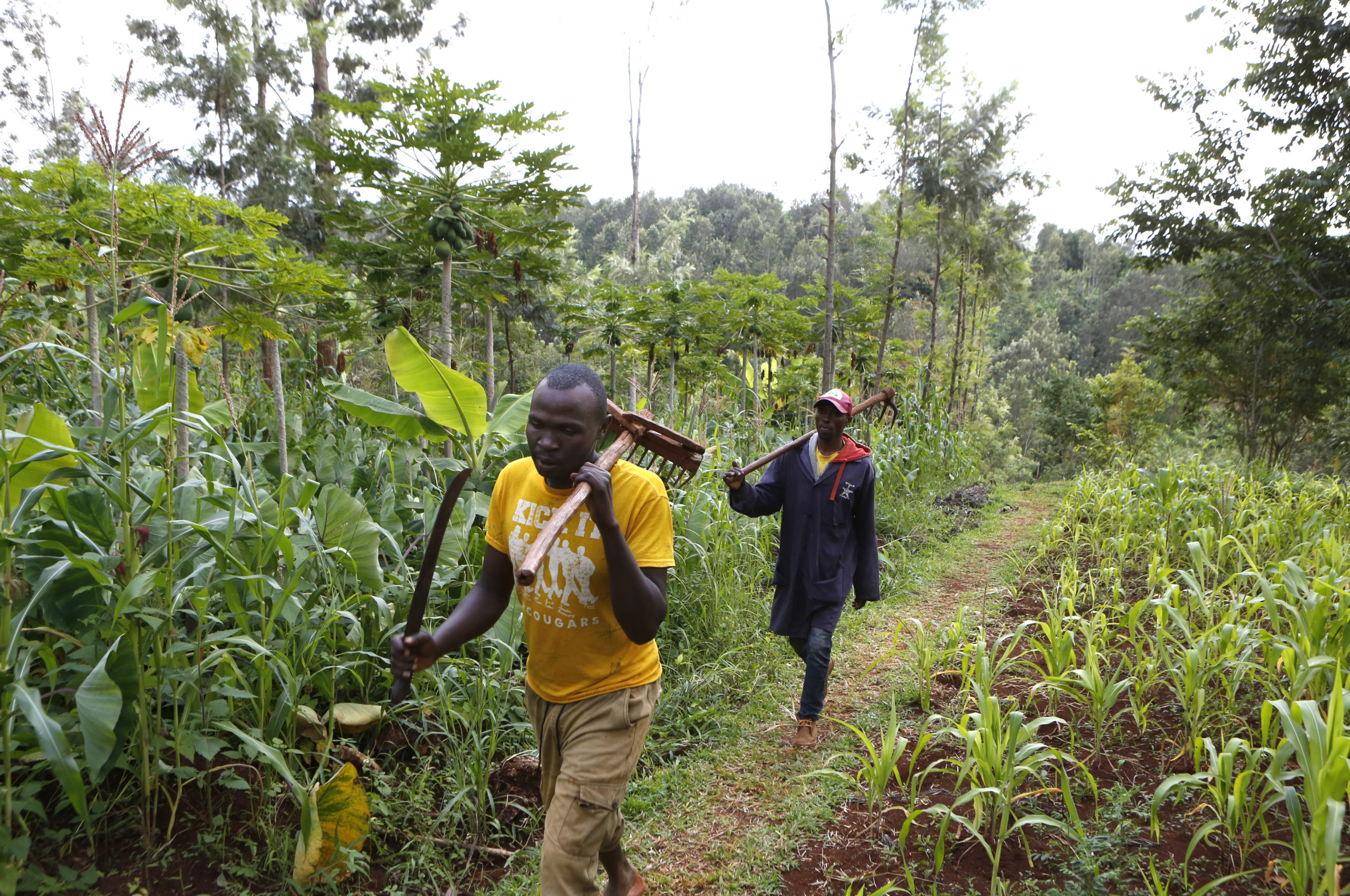
Getting to the root of the problem
At Biovision, we approach the problem from its causes. These are not a lack of global food production: worldwide, about double the number of food calories are produced than are needed to feed all of humankind. However, about 40% of the global arable land is used for animal feed production, and 10% of grain is used for biofuels. Ultimately, cheap food imports and state-subsidized agroindustrial agriculture have displaced diverse local food production in many places. The key to solving the food crisis therefore does not lie in increasing industrial production but rather in promoting diverse, small-scale farms in combination with modern ecological farming methods.
Governments are committing to agroecology and drawing up binding plans
To promote the necessary transformation of food systems, we conduct political dialogues with national and regional governments, for example in Burkina Faso, Kenya, Uganda and Malawi, as well as with organizations such as the UN Global Crisis Response Group on Food, Energy, and Finance. Through multi-stakeholder platforms, which particularly involve women’s and youth groups, governments in Kenya and Uganda have agreed to support a binding plan for developing national agroecology strategies. At the global level, we are organizing a policy dialogue with the Food and Agriculture Organization of the United Nations (FAO) on agroecology as a solution when agricultural inputs are scarce.
We also get involved in media debates to highlight the causes of the food crisis and promote sustainable solutions. In May 2022, when a representative of a large agrochemical company said in the media that local organic consumers were to blame for hunger in Africa, we offered a different perspective.
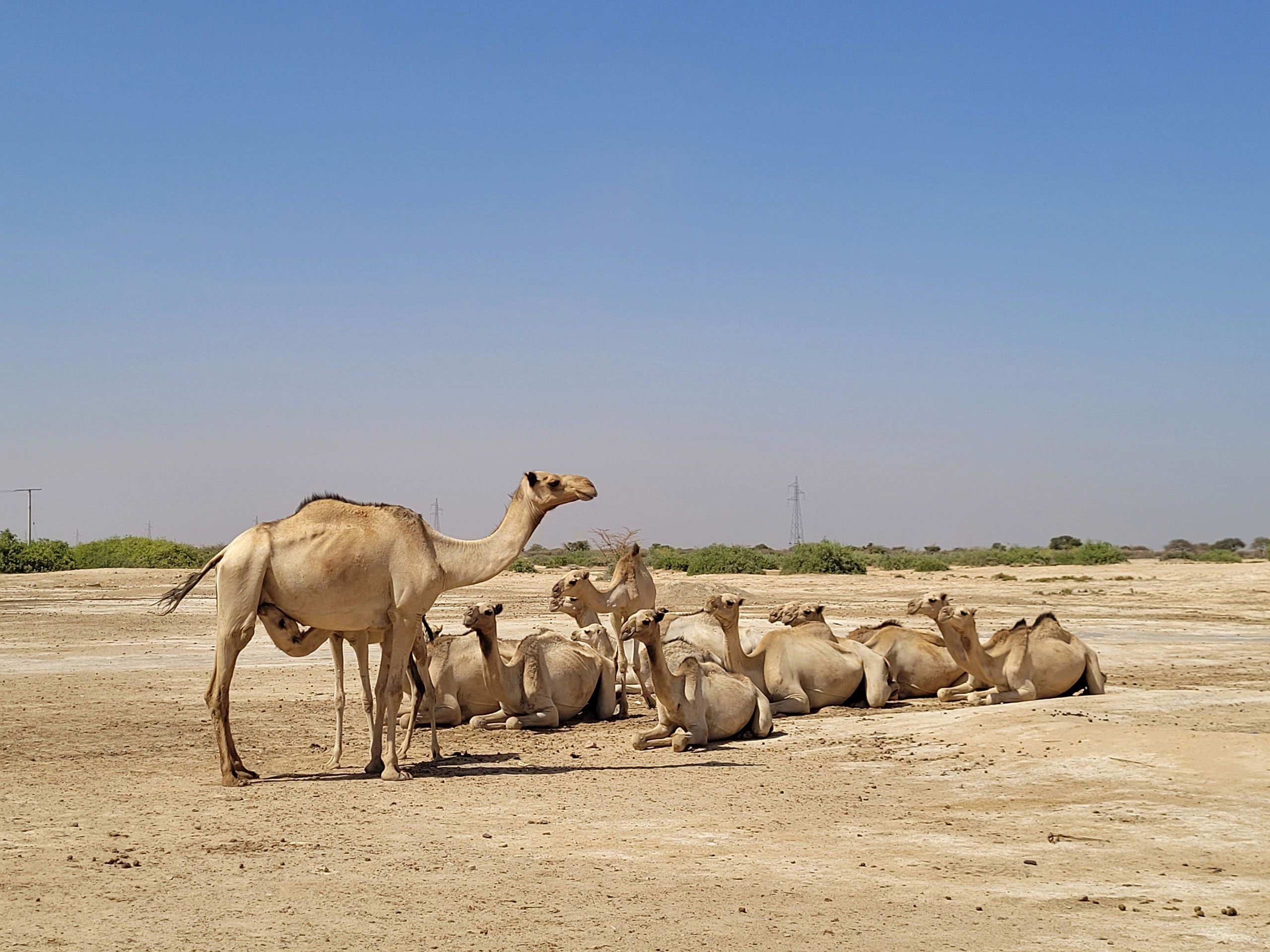
Immediate measures to acutely alleviate the crisis
All the above activities are aimed at alleviating the food crisis in the medium to long term. However, in response to the current crisis, we are also supporting our partners with short-term, immediate measures to build resilience. For example, the local project team in the Somali region of Ethiopia has adapted its activities in response to the drought crisis to provide targeted support to the population during this difficult time. Biovision provides additional financial support through an already existing community-based health insurance service. It helps people in need by ensuring access to essential medicines and covering expenses for emergency medical care. This enables Biovision, the project team and especially the local population pave the way for long-term cooperation to promote additional sources of income and improve living conditions.


